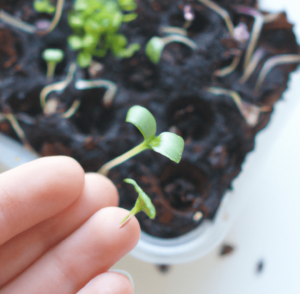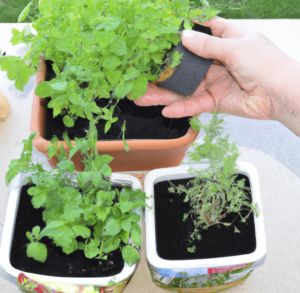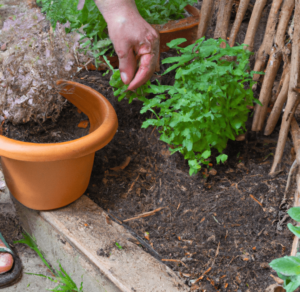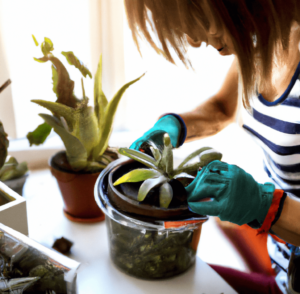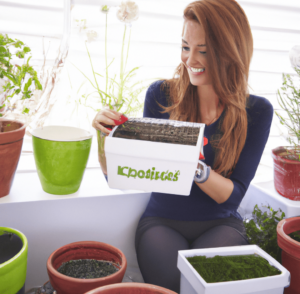Gardening has long been a popular pastime for people of all ages, but did you know that it can also be a valuable part of a student’s education? Incorporating gardening into the school curriculum not only helps students learn about plant biology and environmental responsibility, but it can also provide a sense of accomplishment and connection to the natural world. This article will explore the benefits of teaching gardening in school and how it can positively impact students, school gardens, and even the wider community
Students:
When students are involved in gardening projects, they have the opportunity to learn through hands-on experiences and observation. They can see firsthand how plants grow and how to care for them, as well as learn about the importance of soil health and the role of insects in the garden. Gardening in school can also foster a sense of responsibility and ownership, as students take on tasks such as watering and weeding.
School Gardens:
A school garden can serve as a living laboratory for students to explore and learn about the natural world. It can also provide a sense of community and bring people together to work towards a common goal. In addition, a school garden can provide fresh produce for the school cafeteria, promoting healthy eating habits and supporting sustainability efforts.
Gardener:
Gardening can be a rewarding hobby for anyone, but it can be especially beneficial for students who may not excel in traditional academic subjects. Gardening can provide a sense of accomplishment and pride, as well as teach important skills such as patience and problem-solving. It can also serve as a form of stress relief and provide an opportunity for students to connect with nature.
Children: Gardening can be a fun and engaging activity for children of all ages. It can foster a love of nature and provide an opportunity for children to learn about the environment and how to care for it. Children can also learn important life skills such as responsibility and teamwork through gardening projects.
Education:
Incorporating gardening into the school curriculum can provide a unique and engaging way for students to learn about a variety of subjects, including biology, sustainability, and environmental responsibility. It can also serve as a valuable addition to traditional academic subjects and provide students with hands-on learning experiences that can be memorable and rewarding.
In conclusion, teaching gardening in school can have numerous benefits for students, school gardens, and the wider community. It can provide an engaging and hands-on way for students to learn about the natural world, foster a sense of accomplishment and responsibility, and promote healthy eating habits and sustainability. If you’re a teacher or parent looking to incorporate gardening in school into your education or home life, consider giving it a try and see the positive impact it can have.
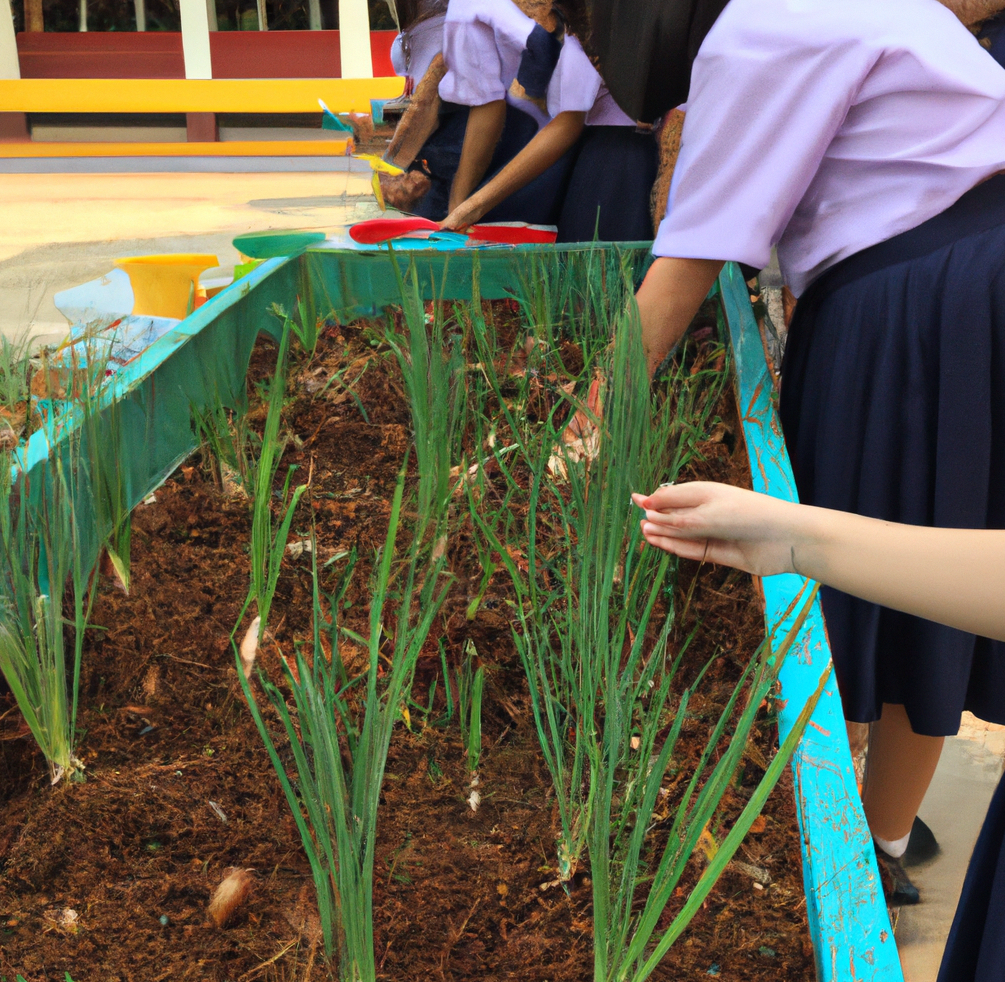
Gardens in Education
Gardens can provide a rich and engaging environment for students to learn about a variety of subjects, including science, math, and the environment. By participating in the planning and care of a garden, children can learn about plant growth and development, soil health, and sustainable practices. Gardens can also be a great way to teach children about the importance of environmental stewardship and the role that they can play in preserving natural resources.
In addition to the academic benefits, gardens can also provide a sense of community and connection to the natural world for students. Gardening in school can be a relaxing and therapeutic activity, and it can also provide an opportunity for students to work together and develop teamwork and communication skills.
Overall, gardens can be a valuable tool for education, helping to create a positive and enriching learning environment for children.
Teaching Gardening in School
Incorporating gardens into education can be a valuable and enriching experience for students and children. A school garden is a great way to teach children about the natural world, how to grow and care for plants, and the importance of environmental stewardship. Gardening in school can also provide an opportunity for hands-on, experiential learning, as well as a chance for students to work together and develop teamwork skills.
In addition to traditional academic subjects, gardens can be used to teach students about nutrition and healthy eating habits. Growing their own fruits and vegetables can help students understand where their food comes from and the importance of eating a diverse and balanced diet.
Gardens can also provide a calming and peaceful atmosphere for students, and can be a great way to promote mental health and well-being. Studies have shown that spending time in nature can reduce stress and improve overall mental health, making gardens a valuable addition to any school or educational setting.
Overall, gardens can be a valuable and rewarding addition to education, providing students with a chance to learn about the natural world, work together, and promote their physical and mental well-being.
The Benefits of a Healthy Lifestyle: Food, Gardening, and Education
One way to promote a healthy lifestyle is through the consumption of nutritious foods. This can be achieved by growing your own fruits and vegetables, either in a backyard garden or through a learning gardening program. Not only does gardening provide the opportunity to eat fresh, healthy produce, it can also be a relaxing and enjoyable hobby.
Students can also benefit from participating in school garden programs, as it teaches them about the importance of a healthy diet and the process of growing their own food. In addition to the practical skills learned through gardening in school, students may also develop an appreciation for the environment and where their food comes from.
Overall, a healthy lifestyle is essential for maintaining physical and mental well-being. By focusing on food, gardening, and education, individuals can take steps towards improving their health and well-being.
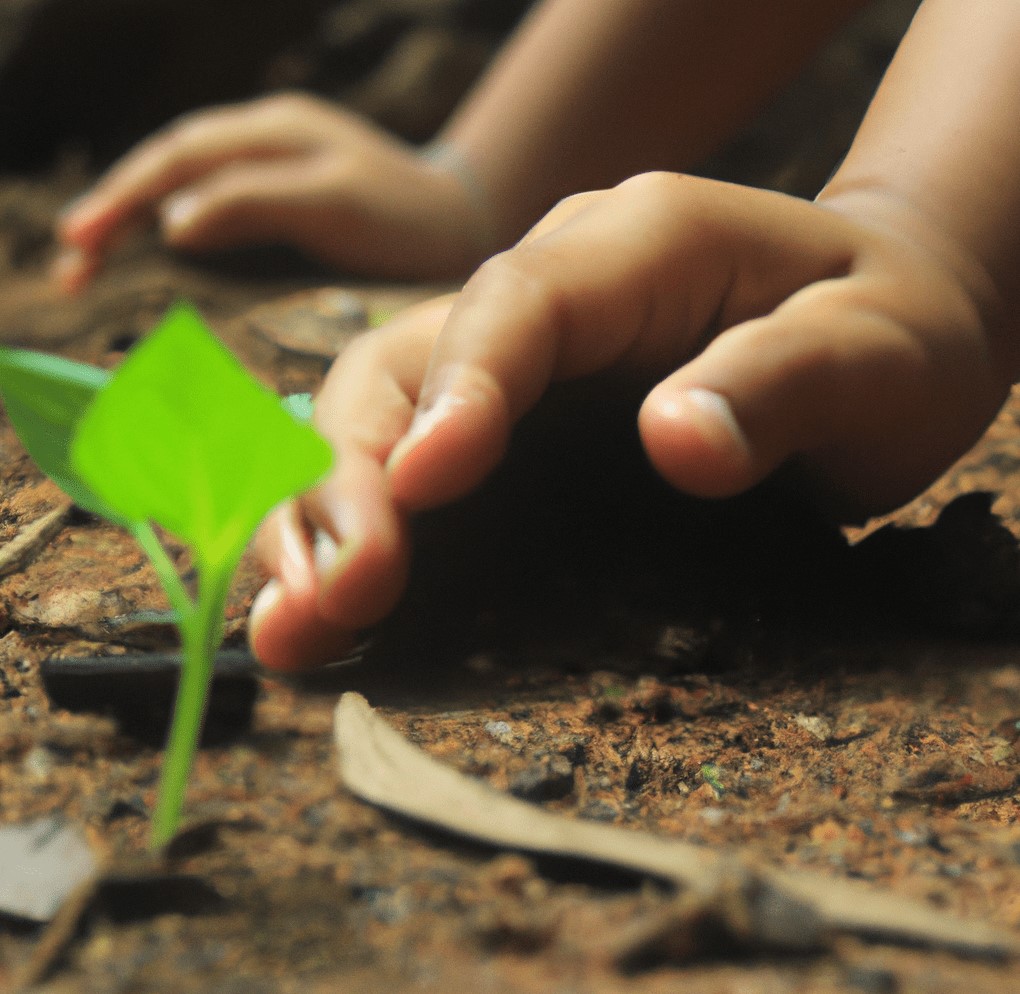
Outdoor Learning in the School Garden
Learning gardening in school can provide a wealth of benefits for students, including opportunities for hands-on, experiential learning, improved physical and mental health, and a connection to the natural world. One way to facilitate outdoor learning is through the creation of a school garden.
A school garden can serve as an outdoor classroom, where students can engage in activities such as planting, watering, and harvesting fruits, vegetables, and herbs. In the process, they can learn about topics such as plant growth and development, soil health, and the importance of bees and other pollinators.
Children can also learn about where their food comes from and the value of eating fresh, locally grown produce. In addition, a school garden can provide a sense of community and teamwork as students work together to care for and maintain the garden.
Overall, incorporating outdoor learning in the school garden can be a fun and rewarding way for students to learn and connect with nature.
Bottom Line: Teaching Gardening in School Foster a Love of Nature
Teaching gardening in school can provide students with hands-on learning experiences and foster a love of nature. Teaching gardening in school teaches important skills such as patience and problem-solving, as well as serve as a form of stress relief and a way to connect with nature. Incorporating gardening into the school curriculum can provide a unique and engaging way for students to learn about a variety of subjects, including biology, sustainability, and environmental responsibility. In addition, school gardens can provide a sense of community and bring people together to work towards a common goal, as well as provide fresh produce for the school cafeteria and support sustainability efforts.
If you’re interested in do they teach gardening in school, you may also be interested in how does someone improve their gardening skills and what is the science behind gardening.


